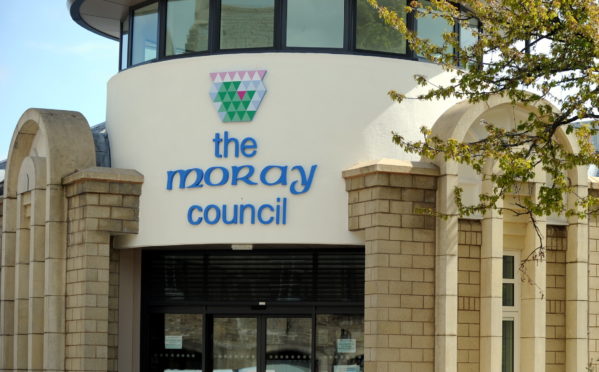The cost of school meals, burials and weddings could all increase as Moray Council is poised to impose higher service charges to help close its £10 million budget gap.
Price rises that the authority has control of have had a default 3% increase in recent years to roughly match the rate of inflation.
Now it has been proposed to increase that level to 5% as financial bosses continue efforts to balance the books amid diminishing funding from central government.
The move could hit a range of services including school meals, the cost of using leisure centres, burials, harbour fees and registrar costs for weddings.
The full list of new prices, which may still increase by more or less than 5%, will not be finalised until January – with councillors due to meet tomorrow to debate the proposed new default level.
Aaron McLean, chairman of the council’s policy and resources committee, explained the move would give clarity to financial officers developing budgets.
He said: “This gives us the potential to increase income to help us protect other services.
“The full list will not come out until next year but it will give officers some security to budget for a 5% increase.”
Moray Council currently banks £8 million every year from charges that are within its control, with a 5% increase to all services in that bracket expected to generate an extra £400,000.
However, warnings have been made that if prices increase too much then usage could drop off and lead to deeper financial woes.
In a report, the council’s head of financial services, Lorraine Paisey, said: “For example, uptake of school meals is known to be price-sensitive, and services where the council is effectively competing with the private sector need to be aware of the external marketplace.
“Understanding the impact of pricing on uptake of services is the first stage towards developing a more commercial approach to charging for council services, and will be taken into account when reviewing individual charges.”
The move will not include increases to services that are already at the legal maximum, including licensing and disabled blue badge applications, or prices that are set by the Scottish Government, including the cost of planning applications and building warrants.
